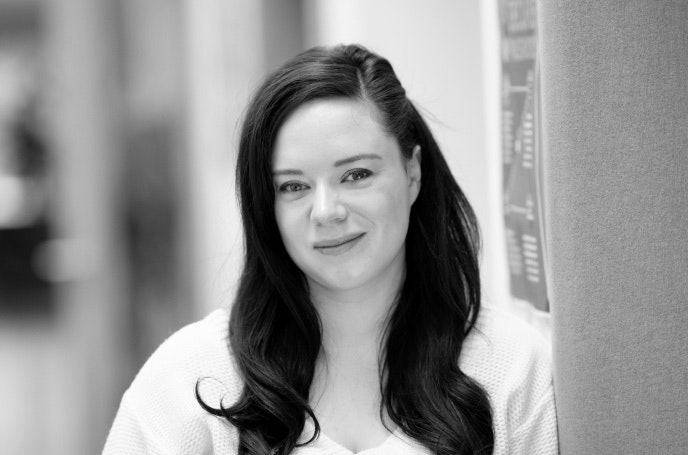Christian Rebernik wasn’t always the tech guy. He started a company out of university without a developer so tried to learn and do as much as possible himself. In the process, he fell in love with the craft and the rest is history.
He’s the ex-CTO of digital bank N26, was one of the first people at sports betting company BWIN and sits on the board of sustainable digital bank Tomorrow Bank. More recently, he founded sustainable education platform Tomorrow’s Education. He knows a thing or two about hiring developers early, both as a non-tech and, now, very much tech person.
This Q&A first appeared in our weekly Startup Life newsletter. For more insights like this, sign up here.
Here are his top tips:
Define the problem, not the tech stack
When hiring early in a company’s journey, the goal is to find someone who can get you over the next hurdle and to your next key objective — selling a product, raising funding, hiring someone else... In the early days it’s more about the problem and less about the tech stack you want to use. So define the problem as clearly as possible and explain what success looks like. Do you need a prototype or a product app or something else? The more precise you are, the easier it'll be to find somebody.
Hire for soft skills
Hire for attitude — look for people you can trust, who are motivated by the problem and are keen to solve it. Even later down the line when looking more at developer skills, experience and seniority, I still rely on my gut instinct — would I trust them with problems?
Pick team players over solo flyers
The startup game is a team effort. You have quite a journey ahead and need people who work well together. They also need to be crossfunctional. If you’re running a healthtech, can your developer speak to the doctors to understand what is required and be able to speak in simple terms about what could be built? Can they communicate with finance, product, marketing, business…? You need people who are not just super smart technically — much of this can be learnt — but can also collaborate.
You don’t need a senior engineer
Early startups sometimes hire super senior people, have very high expectations and set themselves up for failure when things don’t go to plan in the early days. Seniors know what does and doesn’t work — but they’re not easy to get in. I'm a big fan of working with fresh talent. They want to learn, have energy and, stereotypically, have more appetite for risk. Mistakes are OK as what matters most at the beginning is the speed of iterations and learning cycles — you’re not building the architecture for the next seven years. As the company matures, systems mature and the talent you look for should also mature to create stability.
Use your networks
In the early days, it’s all about reaching out through your network — find people through people you know because they will vouch for you, and convince developers they know to help you. Yes, there are lots of meetups and websites with developer talent, but that comes later.
Don’t allow tech jargon in an interview
When interviewing developers as a non-technical person, tell them a problem and ask them to speak through a solution. You should be able to understand it. Look for someone who interviews you back, who is engaged with the company. Look for transparency — have they told you what hasn’t worked before for them and why?
Set very specific goals of what needs to be achieved
If they’re not met often, look for someone else. Set a probation period, even for the earliest employees, to test the relationship and evaluate their work. Find a mentor for the developer — you may not be able to improve their engineering skills or be a sounding board, so bring in a pro who can give time to be that person.



